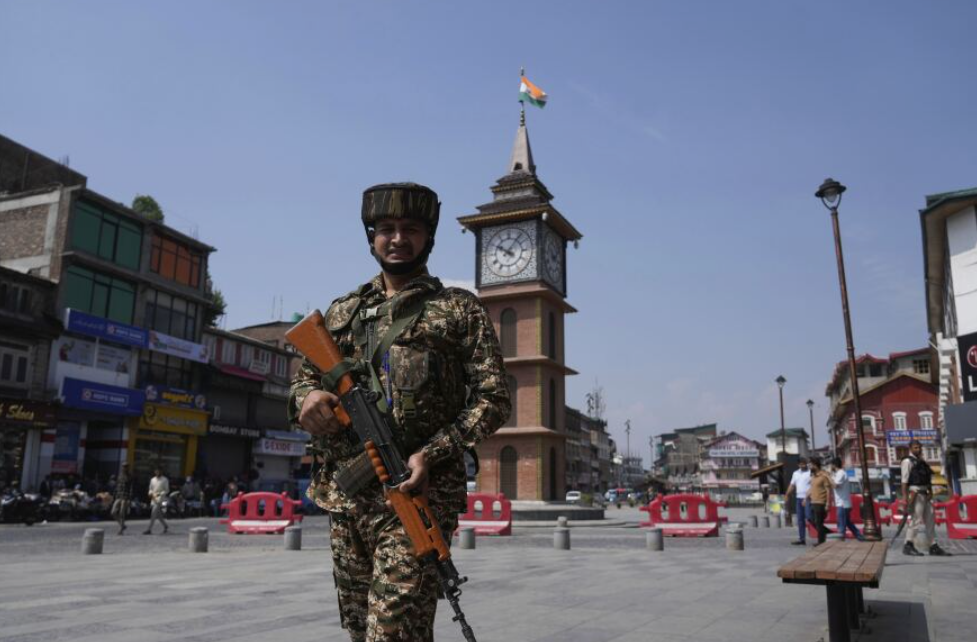Indian Prime Minister Narendra Modi stated on Monday that India has only “paused” its military actions and will “retaliate on its own terms” if there are any future terrorist attacks. This was his first public statement following the U.S.-brokered ceasefire between India and Pakistan over the weekend.
Modi’s comments came after both Indian and Pakistani officials confirmed there was no firing along the heavily militarized border, marking the first time in recent days that the two nations had not engaged in combat. Tensions had escalated between the nuclear-armed countries after a deadly attack on tourists in Kashmir, which India blamed on militants backed by Pakistan, a claim that Islamabad denied.
“We will be monitoring every step of Pakistan,” Modi said during his address. He also emphasized that any future talks with Pakistan would focus solely on terrorism and the Kashmir issue. Both India and Pakistan control parts of Kashmir, but they both claim it in its entirety.
Modi reiterated that “terror and talks can’t go together,” and “nor can terror and trade.” He did not comment on U.S. President Donald Trump’s offer to mediate in the situation.
The ceasefire agreement reached on Saturday halted all military actions on land, sea, and air, following a series of attacks and counterattacks between the two nations. Pakistan’s Prime Minister Shehbaz Sharif also affirmed his country’s commitment to the ceasefire, saying that while Pakistan seeks peace, it would not tolerate violations of its sovereignty.
Military officials from both countries spoke via a hotline on Monday to ensure the ceasefire was holding. According to the Indian army, both sides agreed to avoid firing and to consider reducing troop presence in border areas. Reports from both sides indicated that the night remained peaceful across the Jammu and Kashmir region, with no further incidents of cross-border firing.
Pakistan’s military confirmed its commitment to the ceasefire, stating that it would not be the first to violate it. Following the ceasefire, Pakistan reopened all airports, and India also resumed operations at 32 airports across its northern and western regions.
The conflict between the two nations had been one of the most intense in decades, sparked by India’s airstrikes on targets in Pakistan, which India said were linked to militants responsible for a massacre in Kashmir. In response, both countries exchanged fire, missile strikes, and drone attacks, leading to significant casualties on both sides.
India’s military claimed its strikes killed over 100 militants, including several key leaders, while Pakistan claimed to have killed dozens of Indian soldiers and destroyed military installations. However, these claims could not be independently verified.
India’s Air Chief Marshal AK Bharti confirmed that, despite some damage, India’s military bases and air defense systems remained fully operational. Bharti reiterated that India’s focus was on combating terrorism, not engaging with Pakistan’s military or civilians.













